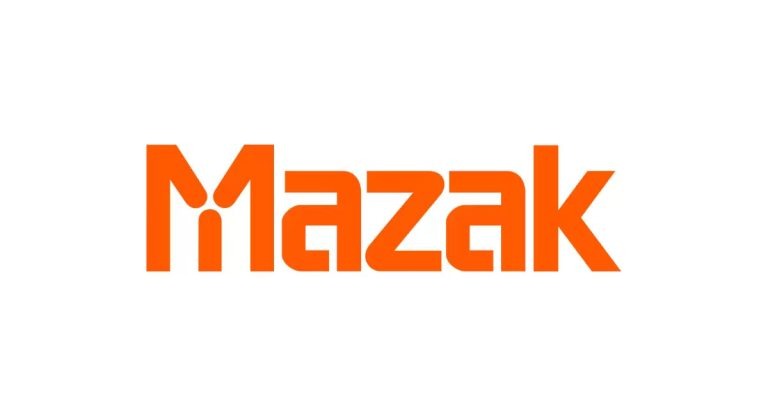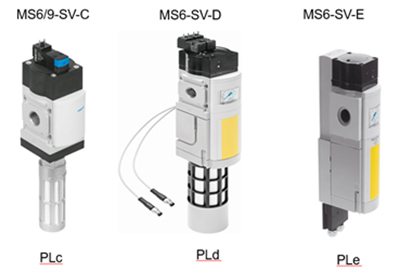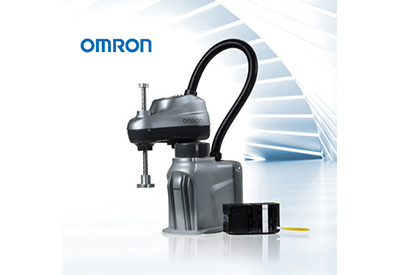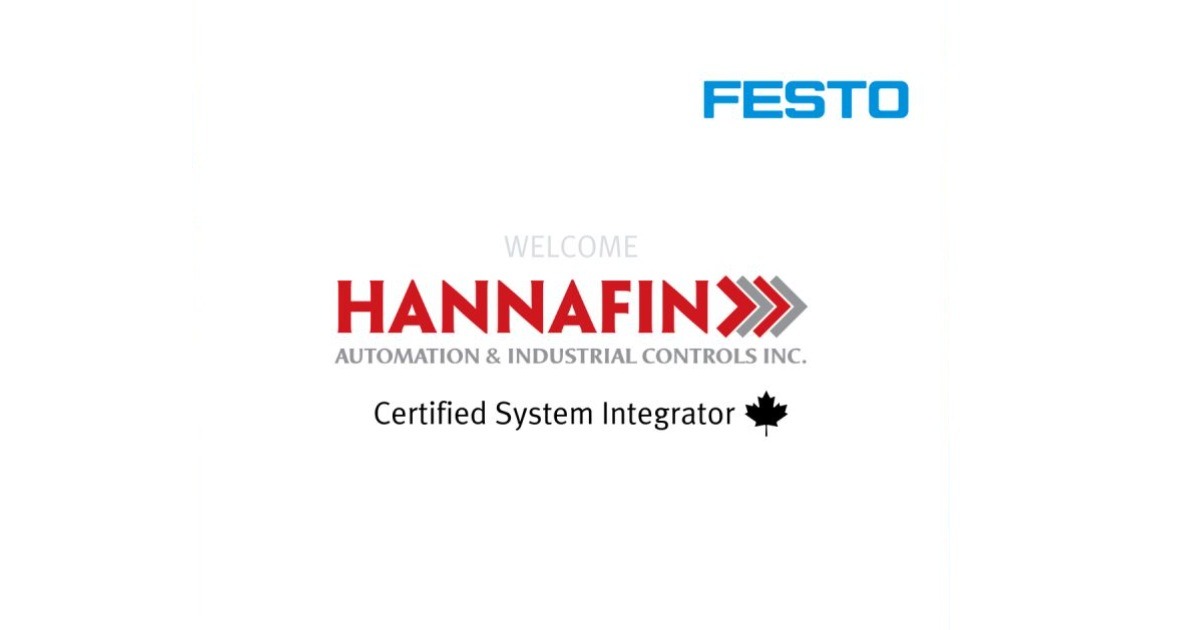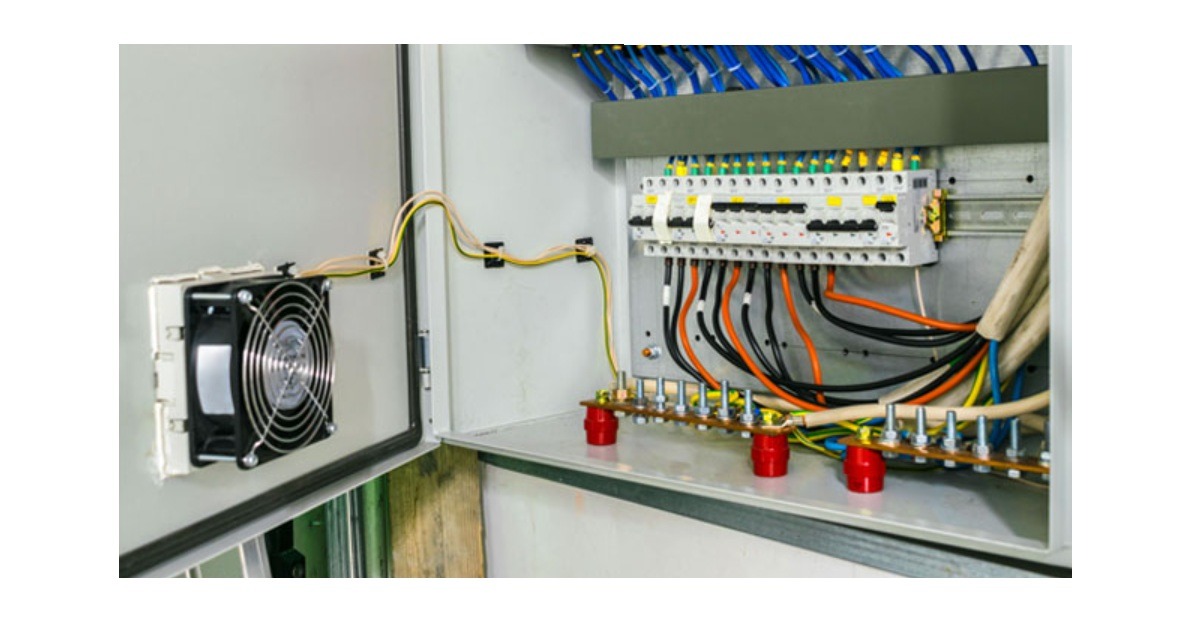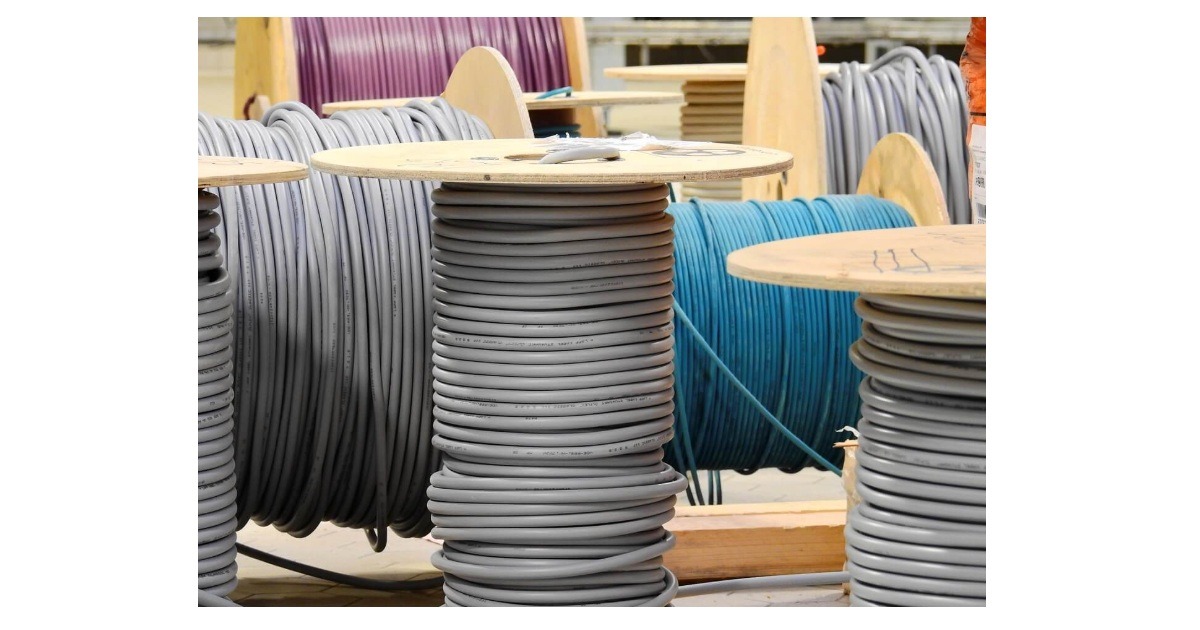True North Solutions – Industry 4.0: Hype or technological revolution?
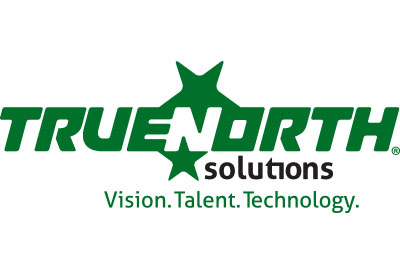
May 21, 2019
Over the last two and a half centuries, industry has embraced change and transformation. Analysts now say that we are in the beginning stages of a fourth industrial revolution – Industry 4.0. This latest advancement enhances existing technologies and computer frameworks to make them smarter, more efficient and better connected.
“INDUSTRY 4.0 COULD BE THE NEXT GREAT THING…BUT IT’S NOT A SILVER BULLET”
Industry 4.0 refers to a connection, or network, of digital and physical technologies that allows machines to communicate, collect and analyze data, and ultimately make predictions or decisions without human involvement or human error. This includes things like Artificial Intelligence, Blockchain, robotics, the Internet of Things, cloud computing, and more.
“Industry 4.0 could be the next great thing… but it’s not a silver bullet,” says Bob Reitenbach, Vice President of Business Development at True North Solutions. “However, it could allow companies to adapt quickly and make better business decisions.”
Industry 4.0 is still in the early stages, but it is expected that these new technologies could impact businesses by allowing them to:
- Increase efficiency: Connected machines can collect large amounts of real-time data and analyze that data much quicker than a human worker could. By using satellites and one web technology, businesses can also compile data from remote locations with more certainty and reliability. Industry 4.0 allows you to identify trends, patterns and insights in maintenance, performance, and more that will allow you to change and optimize your operations.
- Predict failure: Industry 4.0 technology allows you to check on each step of your production process. You can keep track of run times, production rates, and maintenance records and ultimately predict when a machine needs maintenance, replacement or retirement.
- Optimize logistics: As new information is processed, you can adjust supply chain and shipping decisions. For example, if there is a snow storm that will delay a shipment, a connected system can proactively modify your manufacturing priorities.
- Save costs: Smart technologies can help you determine cost-effective processes and timelines. For example, they could process trends in electricity pricing, weather patterns and operational costs to help you determine the most cost-effective time of day to run a pump in your facility.
“There are promising uses for Industry 4.0 in today’s industrial businesses,” says Reitenbach, “but we have to be pragmatic about how we incorporate Industry 4.0. into existing operations. Every company needs to do what is right for their business…”
Clearly, these technologies are still evolving. While there are benefits and exciting long-term prospects, even the best technology advancements still require a measured pace of implementation and purposeful, skilled input to make the largest impact for your business.



